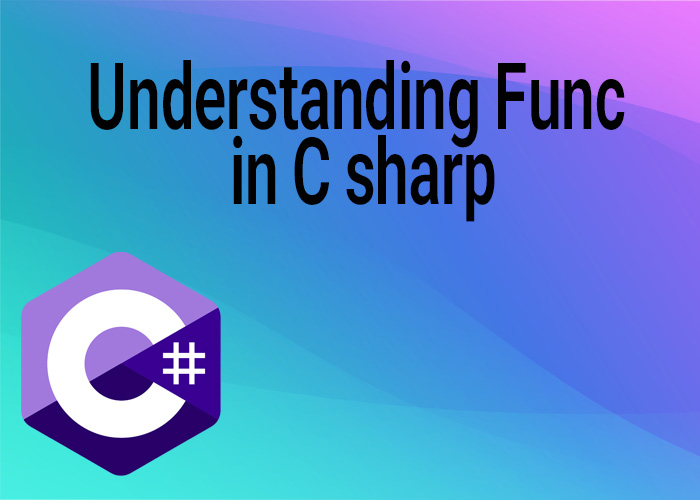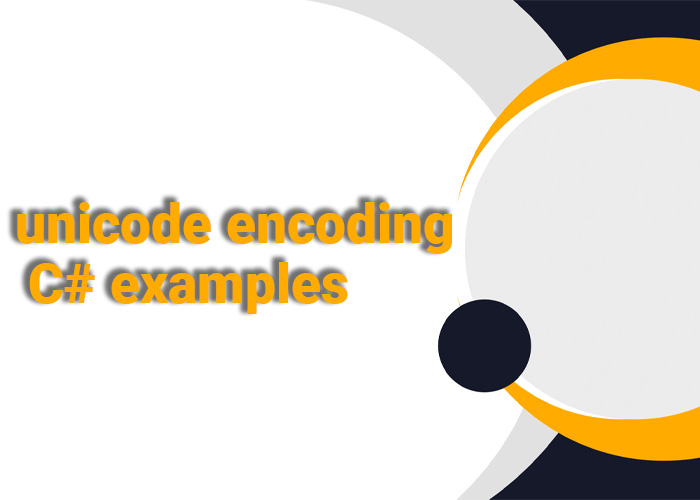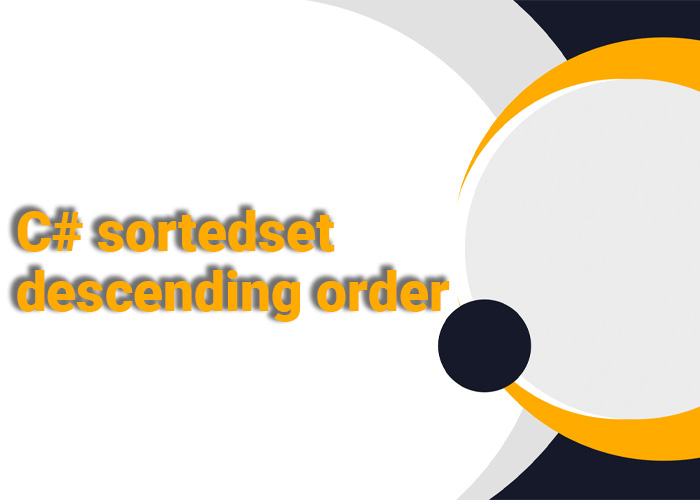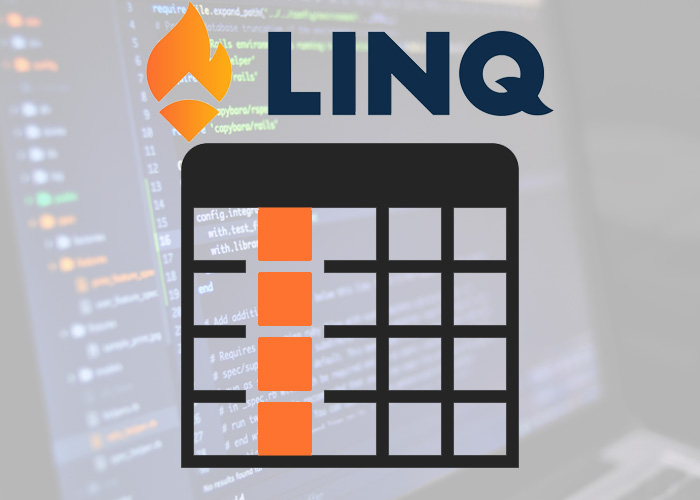Introduction
In C#, Func is a delegate that provides a way to encapsulate a method with a return value. This article explores Func in-depth, illustrating its usage with examples, and including specific concepts like using Func as a parameter, handling multiple parameters, and dealing with void return types.
What is Func in C#?
Func<> in C# is a built-in delegate type that represents a reference to a method. A unique aspect of Func is its ability to have zero to 16 input parameters and return a value. The last type parameter in the Func declaration specifies the return type.
Example: Basic Usage of Func
Func<int, int, int> add = (x, y) => x + y;
int result = add(5, 10);
Console.WriteLine(result); // Output: 15
Using Func as a Parameter
Func can be passed as a parameter to methods, enabling higher-order functions.
public void UseFunc(Func<int, int, int> operation)
{
int result = operation(5, 10);
Console.WriteLine(result);
}
Func in C# - A Deep Dive
Understanding Func in C# can be further enriched by referring to resources like "Func in C# GeeksforGeeks", which provides detailed insights and examples.
When to Use Func in C#
Use Func when you need to pass a method as a parameter or when you want to define a delegate quickly and succinctly. It’s ideal for LINQ queries, event handling, and situations where a method needs to be passed as an argument.
Example: Func with Multiple Parameters
Func<int, int, int, int> sum = (x, y, z) => x + y + z;
int total = sum(1, 2, 3);
Console.WriteLine(total); // Output: 6
Handling Void Return Types
In cases where a method does not return a value, Action delegates are used instead of Func.
Action<string> print = message => Console.WriteLine(message);
print("Hello, Func!"); // Output: Hello, Func!
Example: Func with Void Return
While Func requires a return type, you can simulate a void return type by returning null or an appropriate default value.
Func<int, int, string> processAndReturnNothing = (x, y) =>
{
// Processing
return null; // Simulating void
};
Conclusion
Func in C# is a powerful feature that allows for greater flexibility and succinctness in your code. It's particularly useful in scenarios requiring the passing of a method as an argument or when you need a delegate without the need to explicitly define one. With its ability to handle multiple parameters and various return types, Func is an indispensable tool in the C# programming language.
Practice Challenge
As an exercise, try creating a Func with multiple parameters and experiment with different return types, including simulating a void return. This will enhance your understanding of the versatility and utility of Func in C#.





